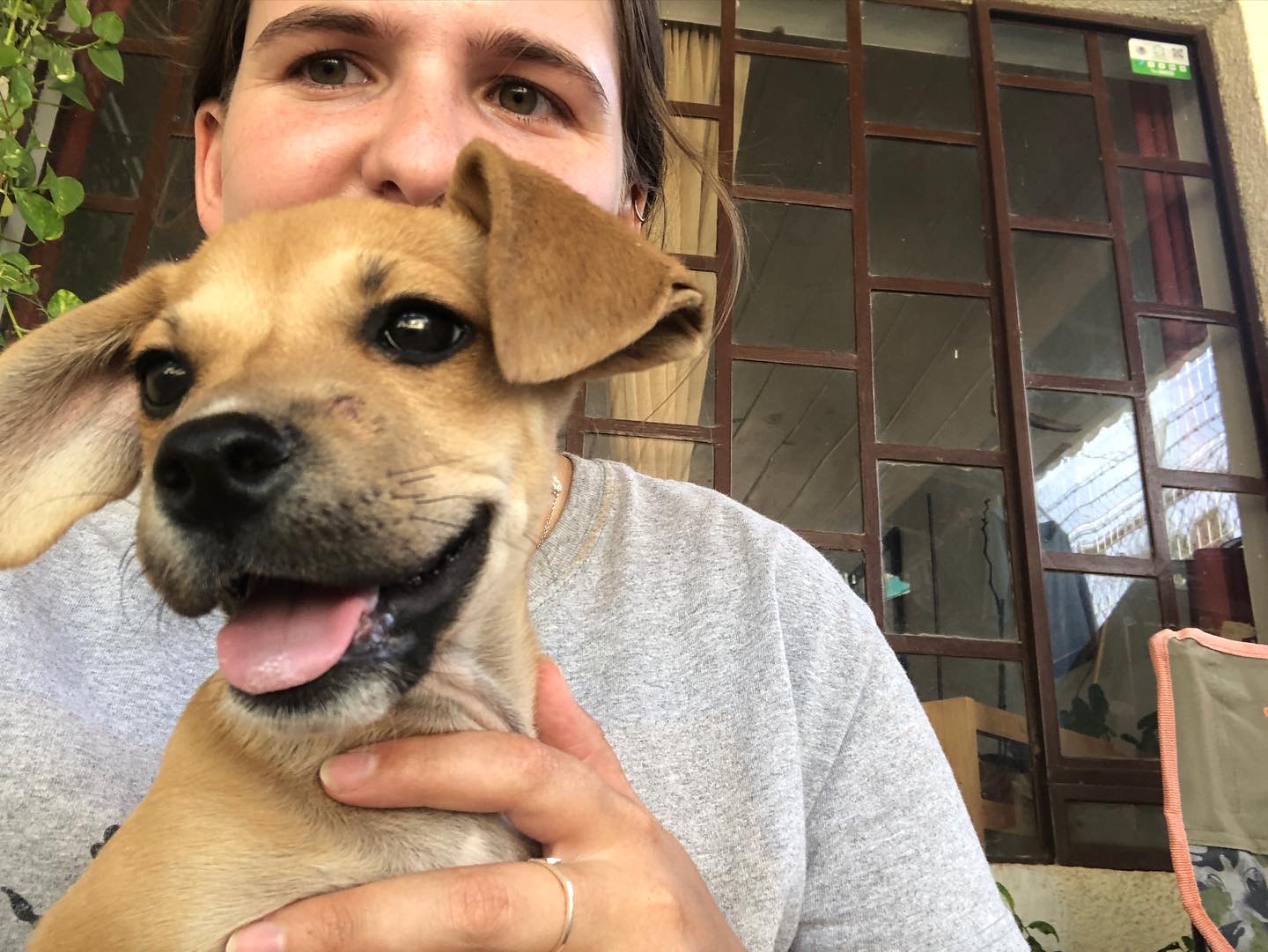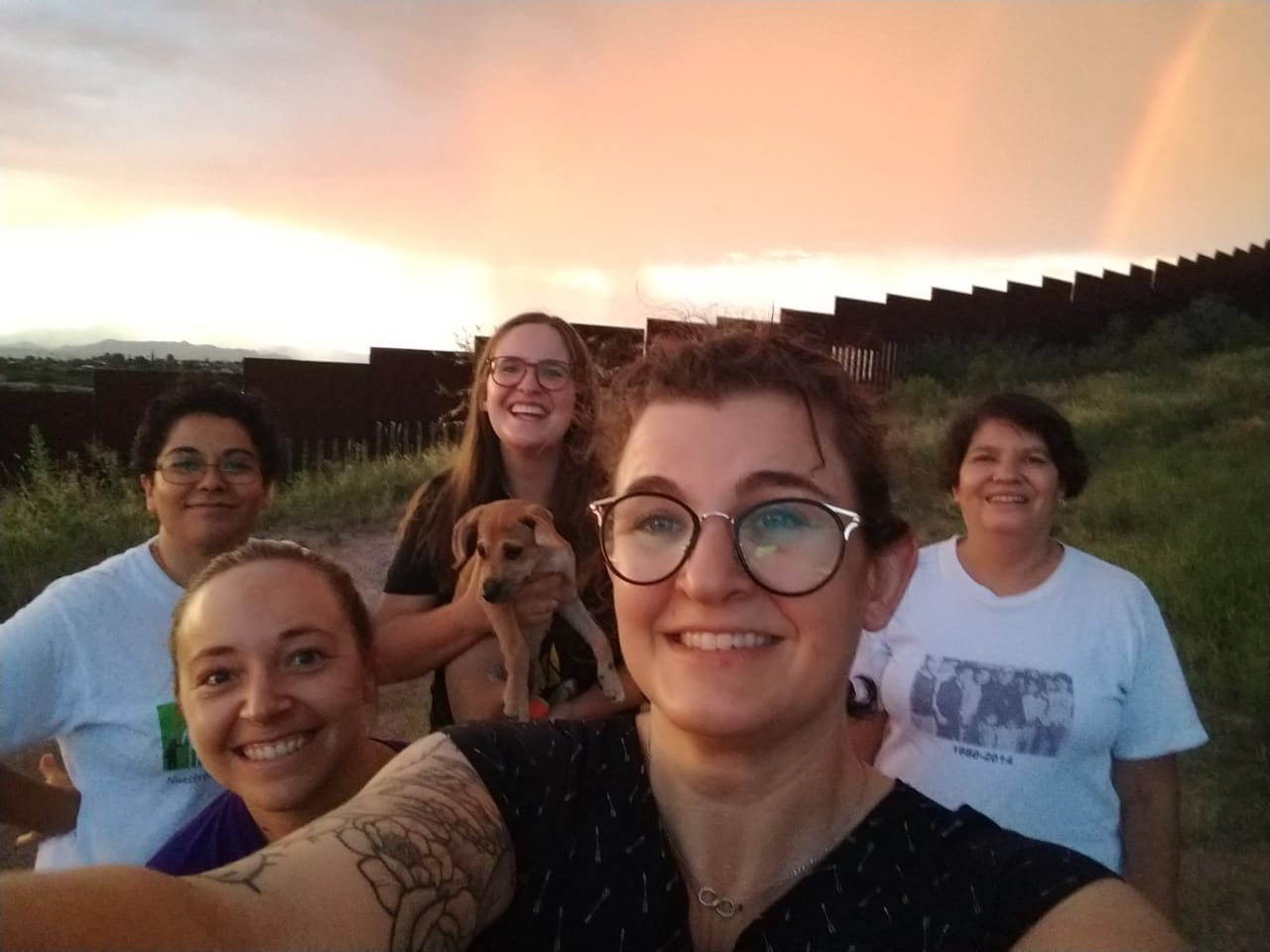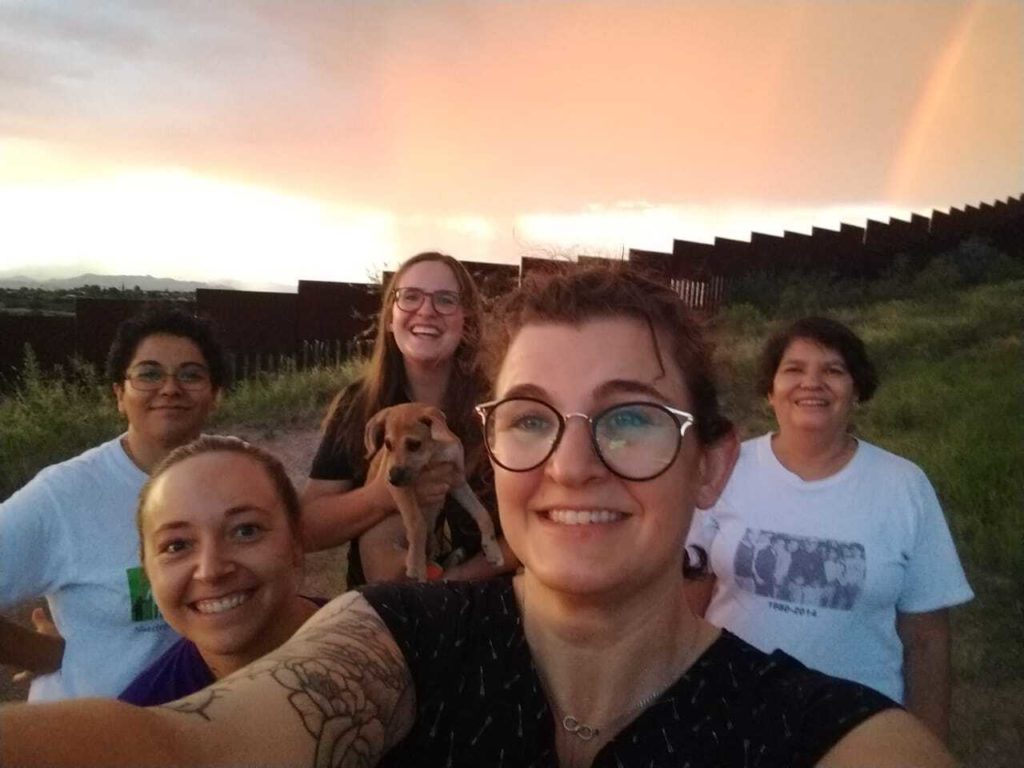On Loss and Silver Linings
In the face of the growing coronavirus pandemic, I unceremoniously left Chiapas in late March.
I booked a flight home for two days later and stuffed some clothes and favorite souvenirs into my suitcase. I paid three months’ rent ahead on my apartment, sure I would be back by June at the very latest. I hugged my coworkers, said goodbye to my friends over drinks at my favorite restaurant, and hopped on a plane back to Chicago.
I don’t regret leaving Chiapas when I did. In hindsight, I know that this was what I needed for my mental and physical health. But as my planned month at home slowly stretched into four, I felt adrift. My days blurred together into a haze of zoom calls with churches, walks with my dad, cooking with my brother, and movies with my mom. March lasted a year, and April was over in minutes. In May, I came to terms with the fact that I would not be returning to Chiapas over the summer, and mourned the loss of the city, work, and life I had worked so hard to build there. By June, I began to speak with Global Ministries about what my other options might be.
 I don’t believe in “meant to be.” But that’s what it felt like when, in mid-June, after weeks of trying to figure out what I would do now, everything just sort of fell together. Global Ministries had found an organization on the U.S./Mexico border who had an urgent need for a long-term volunteer. This organization, the Kino Border Initiative, is located in Nogales, Sonora, Mexico, which borders Arizona. One of the Catholic sisters who works there would be driving from Indianapolis (just a few hours from my house) to Nogales in early July. Furthermore, this same sister had informed us that they currently had a spare bed in their house, where I would be welcome to live for the duration of my stay. And so, a few weeks later, I found myself on a cross-country drive with Sister Tracey, heading to my new home. I would live with Tracey and three Missionary Sisters of the Eucharist from Mexico, and work alongside them at the Kino Border Initiative.
I don’t believe in “meant to be.” But that’s what it felt like when, in mid-June, after weeks of trying to figure out what I would do now, everything just sort of fell together. Global Ministries had found an organization on the U.S./Mexico border who had an urgent need for a long-term volunteer. This organization, the Kino Border Initiative, is located in Nogales, Sonora, Mexico, which borders Arizona. One of the Catholic sisters who works there would be driving from Indianapolis (just a few hours from my house) to Nogales in early July. Furthermore, this same sister had informed us that they currently had a spare bed in their house, where I would be welcome to live for the duration of my stay. And so, a few weeks later, I found myself on a cross-country drive with Sister Tracey, heading to my new home. I would live with Tracey and three Missionary Sisters of the Eucharist from Mexico, and work alongside them at the Kino Border Initiative.
Since July, I have lived on the Mexico side of the border, in a house barely 200 yards from the border wall. Technically a convent (as is any community of sisters), our home is cozy and welcoming, and is filled with laughter and books and spicy food. The sisters are endlessly generous, inviting me into their home and community life just as easily as they invite our other coworkers over for dinner. They asked me once what I had expected when I knew I was going to live with nuns. “I thought you would be more serious,” I told them honestly. “I didn’t think it would be so much fun.”

I have been welcomed into this community as an “honorary sister.” Though they made it very clear that I am not obligated to participate in their community life, I have found the routine of intentional community to be the single most steadying force in my life. Instead of feeling adrift in the uncertainty – both personal and global – I am anchored to the routines that now make up my daily life.
I know exactly what will happen each day. The sisters and I will eat breakfast together at 6:30 am – fruit, eggs, coffee, and a smoothie – and we will leave for work promptly at 7:00. We will spend the first hour preparing the day’s foods, cracking eggs and mixing flavored water and cooking rice, with cumbia or banda playing in the background. We will serve food to migrants each morning, both those traveling north in the hope of asylum, and those traveling south in the ache of deportation. As the migrants pick up their food, I will see many of the same faces each day, people I have grown to know over our short daily conversations. The afternoon will be some variation of cooking, chopping, cleaning, and organizing donations, and when we come home from work at 3:00 pm, our puppy Pirulín will be waiting by the fence to greet us. The house will smell delicious and inviting, since one of us takes a turn each day to cook a full evening meal. We will eat at 4:00 pm, and then we’ll sit in the living room, reading, working, and chatting, and maybe taking a walk, if the evening temperature has dropped below 90 degrees. We will pray at 7:30 each evening, sipping ginger tea and sharing about our days.
I know the cooking schedule, and who goes grocery shopping what week. I know when we will have a community meeting and what day our monthly house retreat will be. I can count on my roommate Pina saying, “Don’t let the bedbugs bite!” to me before we go to sleep each night, though she has declared this to be a trabalenguas (tongue twister). And each day, as I lay in my bed, I know that I will wake up and do it all over again.
When I left Chiapas, I felt like everything was falling to pieces. But this simple, predictable, communal life has been a shimmering golden thread, pulling my life back into something that makes sense. Amidst the loss and uncertainty of this pandemic, my time in Nogales has been my most beautiful and unexpected silver lining.
I still don’t know what’s going to happen next month, or in six months, or a year. I don’t know where I’ll be living, or what work I’ll be doing. I don’t know if the US/Mexico border will be open again, or if any migrant will receive the fair hearing they deserve. But I know exactly what I am going to do tomorrow. I know that there will be basic needs to meet and hospitality to offer: vegetables to chop, food to serve, new words to learn. My home will be full of laughter and prayer and sisterhood. And for now, that is more than enough.
The Kino Border Initiative is a binational organization that works in the area of migration, and is located in Nogales, Sonora, Mexico and Nogales, AZ. The Kino Border Initiative’s vision is to help make humane, just, workable migration between the U.S. and Mexico a reality. Its mission is to promote US/Mexico border and immigration policies that affirm the dignity of the human person and a spirit of bi-national solidarity through direct humanitarian assistance and accompaniment with migrants, social and pastoral education with communities on both sides of the border, and participation in collaborative networks that engage in research and advocacy to transform local, regional, and national immigration policies.
Abby Fate serves with Melel Xojobal, Mexico. Her appointment is made possible by your gifts to Disciples Mission Fund, Our Church’s Wider Mission, WOC, and your special gifts.

